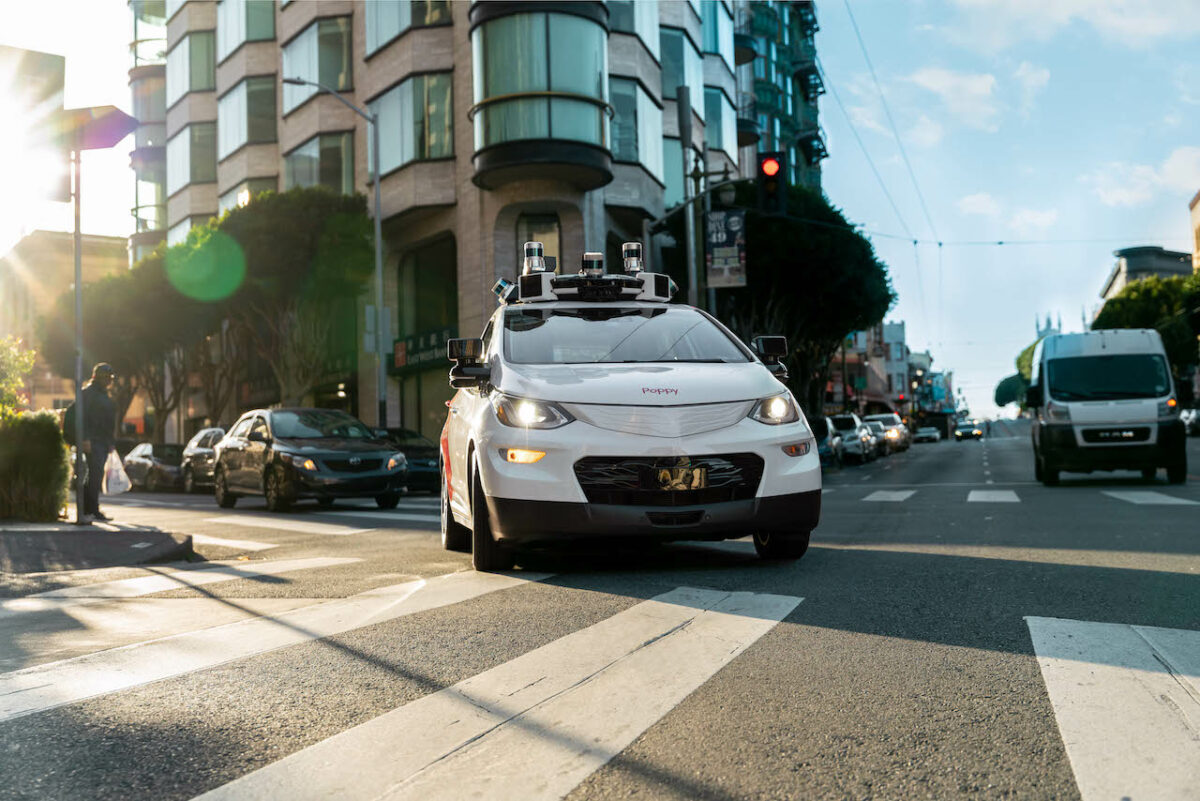For the most part, electrification’s primary goal has been to reduce tailpipe emissions. As a measure to improve public health, the automotive industry’s efforts are already apparent. According to a report by the UN Environment Programme, Norway, which has an electric vehicle (EV) penetration of 86%, has managed to reduce CO2 by 35% in its capital city, Oslo. Subsequently, the country has the lowest risk of premature death from air pollution in Europe.
But, if EVs can be a force for greater societal change, is this vision too limited in its scope? In 2019, the UK’s Center for Research into Energy Demand Solutions argued that the cheaper overall cost of driving an EV could subsequently lead to an increase in their daily use, therefore making congestion in major cities worse. A study published by ScienceDirect in April 2021—'The adverse impact of electric vehicles on traffic congestion in the morning commute’—also linked EV use to worsening road conditions.
These findings suggest that simply replacing internal combustion engine (ICE) models with electric equivalents is insufficient for improving urban spaces. Some propose a shift away from ownership and towards car-sharing. Others, such as Israeli EV start-up City Transformer, propose a different type of vehicle altogether.
It’s time to log in (or subscribe).
Not a member? Subscribe now and let us help you understand the future of mobility.
Scroll
News
Magazine
Articles
Special Reports
Research
OEM Tracker
OEM Model Plans
OEM Production Data
OEM Sales Data
1 user
- News
- yes
- Magazine
- yes
- Articles
- yes
- Special Reports
- yes
- Research
- no
- OEM Tracker
- no
- OEM Model Plans
- no
- OEM Production Data
- no
- OEM Sales Data
- no
1 user
- News
- yes
- Magazine
- yes
- Articles
- yes
- Special Reports
- yes
- Research
- yes
- OEM Tracker
- yes
- OEM Model Plans
- yes
- OEM Production Data
- yes
- OEM Sales Data
- yes
Up to 5 users
- News
- yes
- Magazine
- yes
- Articles
- yes
- Special Reports
- yes
- Research
- yes
- OEM Tracker
- yes
- OEM Model Plans
- yes
- OEM Production Data
- yes
- OEM Sales Data
- yes
- News
- yes
- Magazine
- yes
- Articles
- yes
- Special Reports
- yes
- Research
- yes
- OEM Tracker
- yes
- OEM Model Plans
- yes
- OEM Production Data
- yes
- OEM Sales Data
- yes



